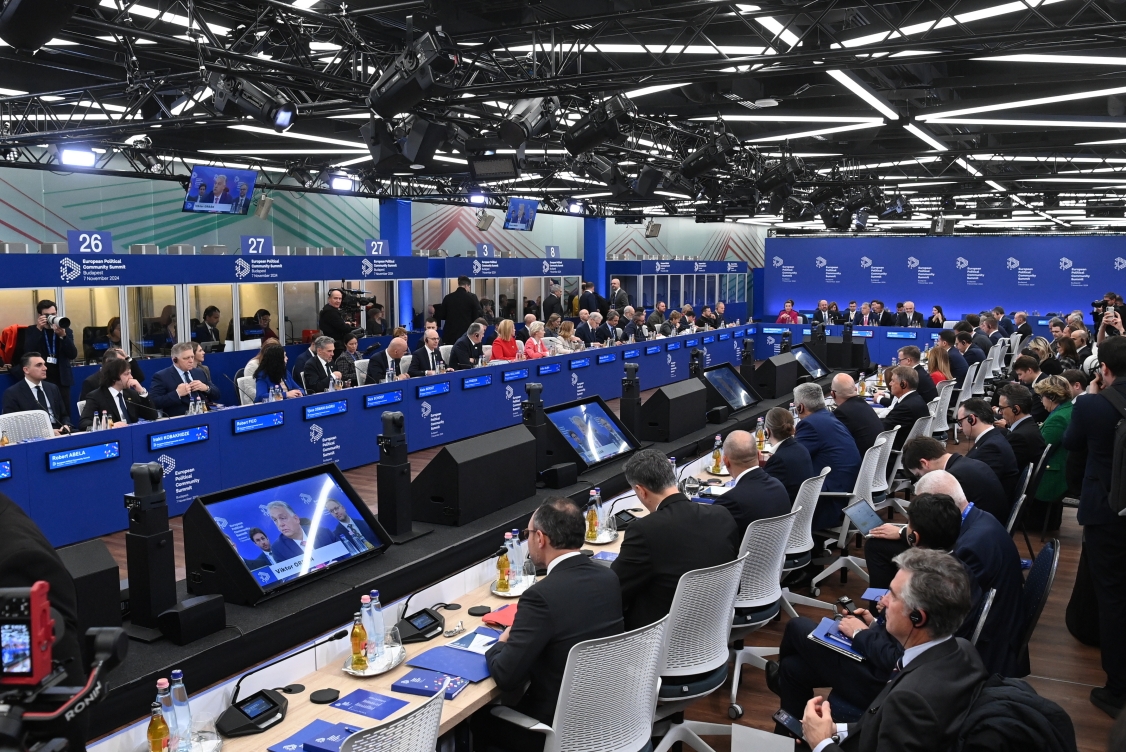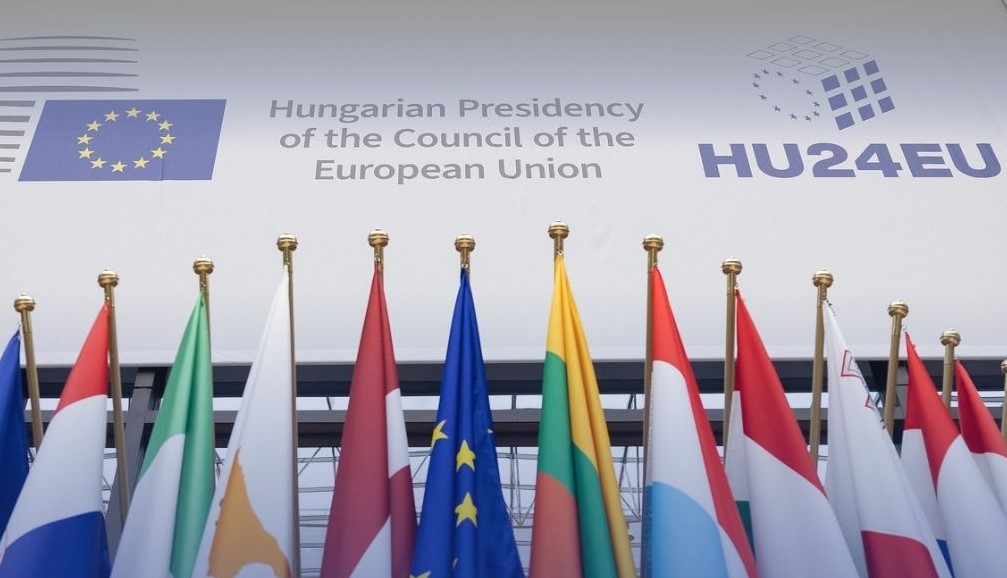
The event is attended not only by EU leaders but also by non-EU countries.Continue reading

In a post on social media entitled “Six months of making Europe great,” János Bóka, Minister for EU Affairs, recalled the key moments of the Hungarian Presidency of the Council of the European Union.
The minister began his multi-part report with Viktor Orbán’s peace mission in Kyiv. As reported by Hungary Today, in early July, the Prime Minister visited Kyiv to discuss peace options with Volodymyr Zelensky, the President of Ukraine, in line with the start of Hungary’s EU Presidency. Minister Bóka also highlighted the meeting of the EU Member States’ parliamentary committees on EU affairs (COSAC) held at the end of July. He stressed at the event,
the Hungarian Presidency of the Council of the EU has the political responsibility to listen to and channel the demand for change from European citizens into EU decision-making.”
The autumn started with an informal meeting of EU ministers in Budapest on September 3. A week later, the János Bóka addressed the the first interparliamentary conference on parliamentary scrutiny of the CFSP (Common Foreign and Security Policy) and CSDP (Common Security and Defense Policy). The politician representing the Hungarian Presidency, spoke on the new European competitiveness pact, the European integration of the Western Balkans and the fight against illegal migration.
On September 18, as President of the Council, János Bóka signed with EP President Roberta Metsola the EU legislation finalized by the EU institutions during the Hungarian Presidency.
The signed legislation includes new provisions on the unification of the visa regime in the Western Balkans region, agriculture and fisheries.
September 24 was also a special day of the Presidency: János Bóka presented the program of the Hungarian EU Presidency at the General Affairs Council in Brussels. In addition to improving Europe’s competitiveness and enlargement policy, the resumption of the Council’s annual dialogue on the rule of law was on the agenda, and preparations for the October meeting of heads of state and government were already underway.
The minister highlighted the plenary session of the European Parliament on October 8, when he represented the Hungarian Presidency in the debate on next week’s European Council, and the following day, when Prime Minister Viktor Orbán presented the program of the Hungarian EU Presidency.
On October 9, Minister Bóka and EP President Metsola signed legislation finalized under the Hungarian Presidency to strengthen the protection of the EU’s single market and its ability to respond quickly to market emergencies.
October 15 was a landmark date for the Hungarian EU Presidency as two important events took place. Firstly, the reform programs of Albania, Kosovo, Montenegro, Northern Macedonia and Serbia were adopted under the Reform and Growth Facility, opening up a EUR 6 billion package of assistance to these countries. On the same day, the EU Council approved a declaration on supporting Jewish life and combating anti-Semitism.
On November 7, Budapest hosted a meeting of the European Political Community, the continent’s number one security forum, bringing together leaders from 47 European countries.
At the “mega-summit,” it was agreed that Europe must take greater responsibility for its own peace and security and become a meaningful player in the processes that will decide its future.
The following day was also an important milestone for the Hungarian Presidency: the European Council held an informal meeting in Budapest and adopted the Budapest Declaration.
At the General Affairs Council on November 19, EU ministers discussed the importance of coherence between cohesion policy and strategic investment, key to boosting the EU’s competitiveness.
On November 22, four countries – Hungary, Austria, Romania and Bulgaria – adopted a joint declaration on full Schengen membership for Bulgaria and Romania.
At the end of November, the EU institutions reached an agreement on the EU budget for 2025. “This agreement will prepare the EU for the challenges of the coming year,” concluded János Bóka.
The minister said in a video also posted on his social media page that
the Hungarian EU Presidency has been a presidency with character, activity and strategy.”
János Bóka said that the Presidency was characterized by the fact that “we wanted to put into practice our strong and decisive European policy.” It was active because “we came up with a number of new initiatives of our own,” he added. The Presidency was strategic because we wanted to give the EU institutions “strategic guidance for the next five-year institutional cycle,” the minister noted.
Via Facebook, Featured image: X/Hungarian Presidency of the Council of the EU 2024